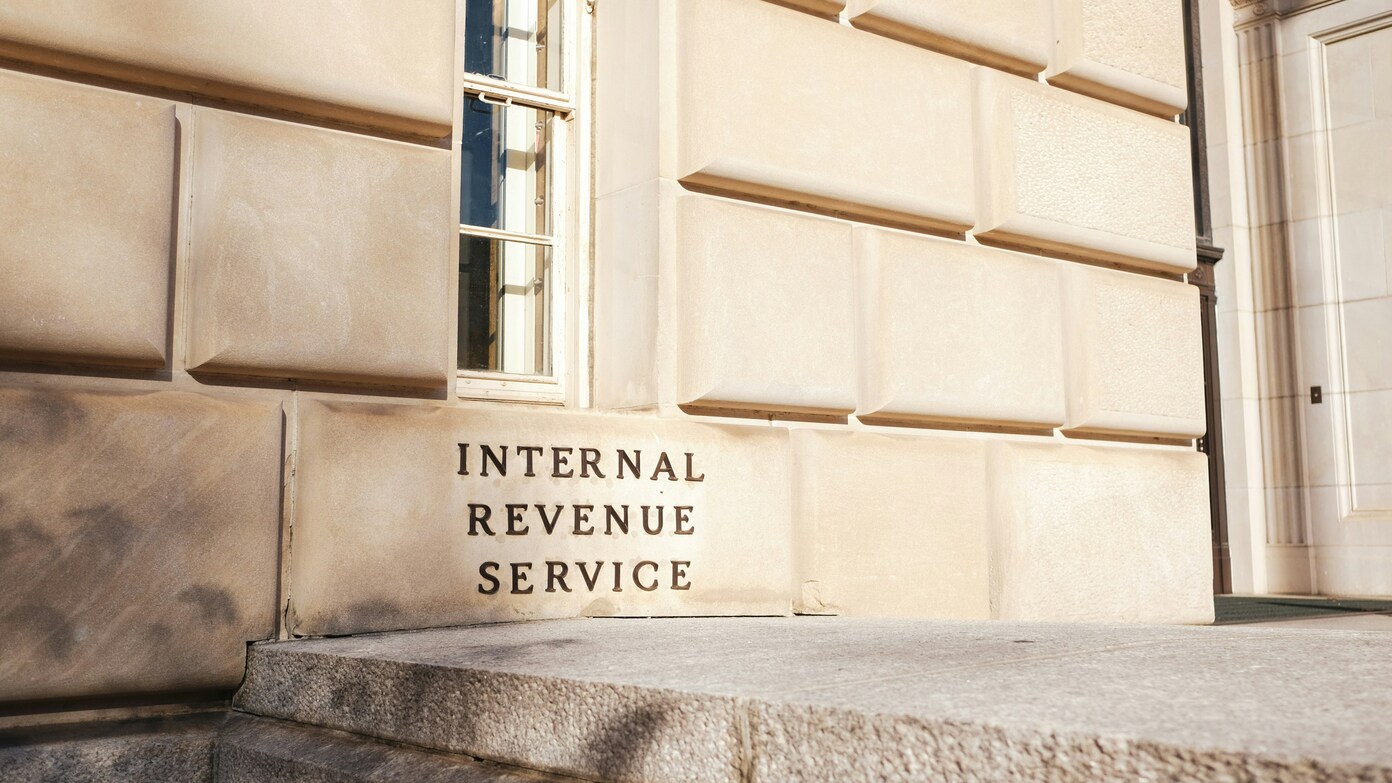It misclassified as “free” a program with lofty aims: the IRS Direct File, which allowed American citizens to file their taxes with the IRS- without the interference of an intermediary- or otherwise the thousands of dollars spent on taxes owed to tax software companies.
There has been endless raucous discussion and turmoil involving tax fairness proponents, who have radically taken offense to the proposed demise of Direct Filing.
Direct File: Taxpayers Change Lives
The Biden-supported Direct File legislation was enacted under the aegis of Biden’s Inflation Reduction Act to simplify the tax season for millions of Americans. The program enabled users to file returns directly to the IRS, completely bypassing costly and often complex third-party systems of tax software. After a successful pilot during Tax Season 2024, which encompassed twelve states, nationwide expansion was already anticipated in 2025.
Pilot program results boded well, with, at a minimum, hundreds of thousands of taxpayers using the platform and giving largely positive feedback. Publications like The Atlantic hailed it as “borderline miraculous,” speaking for near-universal satisfaction with its service.
Tax Preparation Industry Lobbies Directly
The simple success of the Direct File program has now become vulnerable, given that the lobbying efforts increased in momentum among tax prepare industries for years to oppose IRS’ free and direct filing of taxes. This lobby thinks that these public tax filing services will impede their profits.
According to Amy Hanauer, executive director of the Institute on Taxation and Economic Policy (ITEP), the move is a clear giveaway to corporate interests. “President Trump and Elon Musk have now caved to that lobbying and plan to shut down the free-file service”, she noted during a public statement, “Destroying public services to ramp up private profits hurts taxpayers, hurts revenue, and costs more.”
American Taxpayer Impact
The termination of the Direct File program would include millions of taxpayers who filed simpler returns in the past. Now such taxpayers will have to go before a paid service to get returns filed. Without this valued free alternative, taxpayers would likely incur higher costs, suffer more confusion, and find fewer receiving the tax credits and deductions entitled to them.
This Direct File system was meant to simplify, hasten and make less expensive the tax filing process. According to critics, it makes people go back into the grip of companies that charge fees or sell them addons that aren’t really needed.
All in All, a Continuous Pattern Against the IRS
The end of Direct File synchronizes with the larger pattern of working to dismantle the IRS, reduce its budget, and restrict its capability of serving the public. Instead of strengthening this public trust, critics are alleging the administration is dismantling it for the benefit of private corporations.
Soon, as the public outcry grew, many clamored for Congress and federal leaders to protect and assure that free, simple tax filing services would remain available for everyone through Direct File.

